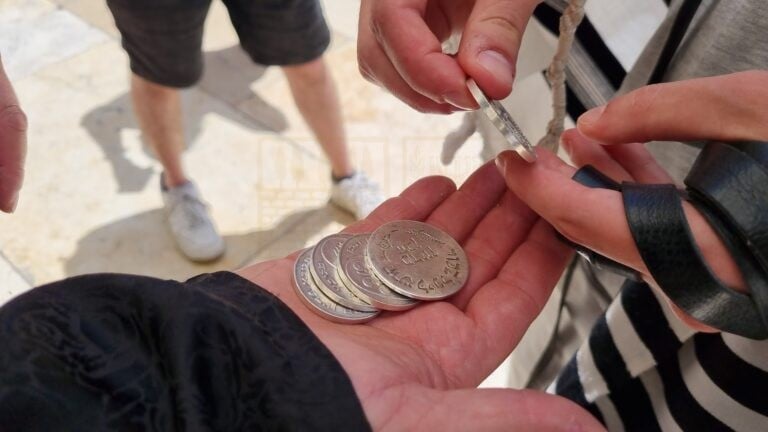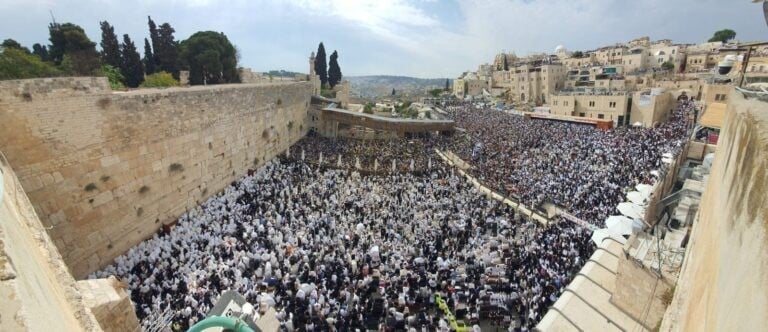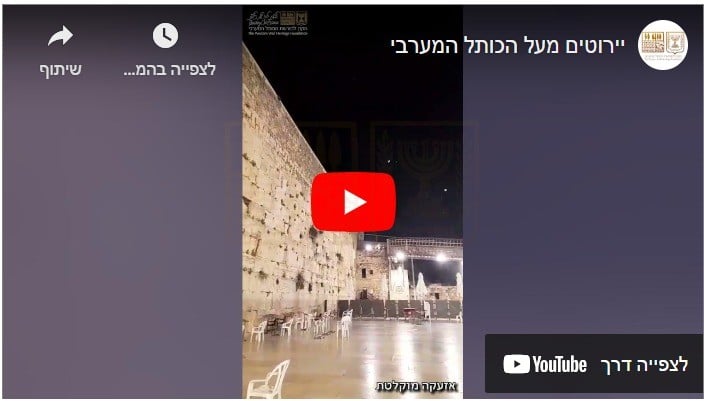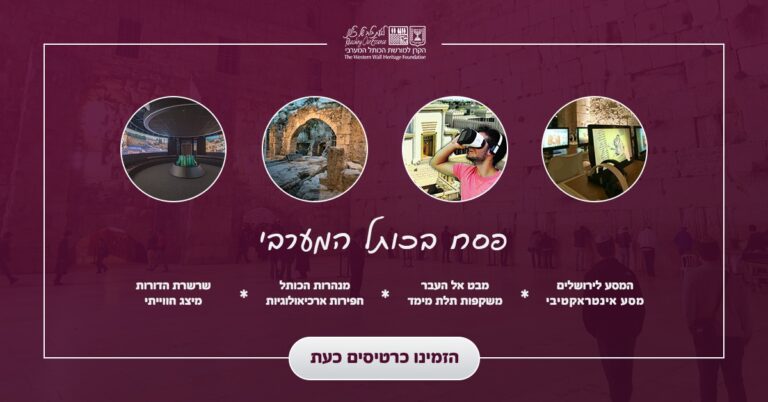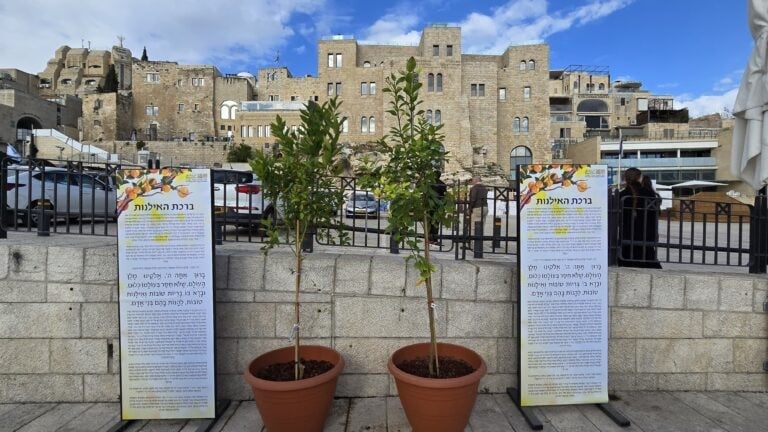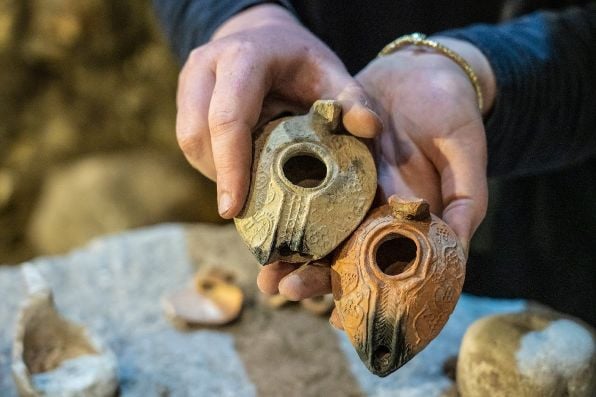This transcendent event did not happen suddenly. It required a spiritual preparation of three days during which the nation worked on purifying itself. But before that, a different amazing event took place: God offered the ?goods? to the nation and gave them the option of choosing or rejecting it. God was not interested in coercion, but rather in a full partnership, a mutual process of leading the entire world toward a complete ?tikkun?, or repair. For a partnership to work, one needs both sides to desire it.
Let us pay attention to what God says to Moshe:
“So shall you say to the house of Jacob and tell the sons of Israel: ?if you obey Me and keep My covenant? And you shall be to Me a kingdom of kohanim and a holy nation.?
(Shmot 19, 3-6)
This proposal demands an explanation. What is a ?kingdom of kohanim? and how is this conne
The great Jewish thinker of the Middle Ages, the Rambam (Maimonides), explained these termed beautifully. A kohen, says the Rambam, is a term which exists in every social group. A person we call a ?kohen? has unique qualities that lead the rest of the group to look at him as a role model who actualizes their hidden aspirations. Even modern societies have ?kohanim? ? though they are not defined as such ? who act as role models of success and self-actualization. We might look at someone who started his own successful company and made a fortune using his talents, and aspire to be like him. Someone else might look at an intellectual as someone who has reached a level worthy of striving for.
At Ma?amad Har Sinai, all of Am Yisrael became a nation of kohanim, meaning that it was meant to serve as a role model of a nation that conducts its life in an exemplary fashion; a nation that other nations will look toward and say to themselves ?This is how we want to be?.
And how should Am Yisrael become a ?kingdom of kohanim?? If it takes upon itself the trait of a ?holy nation?. Holiness is not abstinence from life; it is not sitting alone on the top of a mountain. Holiness is the ability to adopt a life that is not based on petty interests of petty people, but rather is based on values of truth and justice, on a profound perspective on the purpose of life, on ceaseless contemplation of the significance of human existence. This leads to a national life which can serve as a role model to others, in this case ? to other nations.
Am Yisrael heard this proposal and decided to answer in the affirmative: “All that the Lord has spoken we shall do!”
Accepting the Torah, more than a one-time event, was accepting the role for generations of Jews to feel obligated to be different, to conduct themselves sacredly, to see reality from a perspective of truth and justice and not one of interests based on needs alone.
Indeed, Am Yisrael responded to the proposal and took upon itself this lofty role. But this obligation is ultimately a personal one. Each and every one of us must see ourselves as someone who stood at the foot of the mountain and was faced with the following proposal: ?Do you see yourself becoming a ?kohen? of humanity? Do you have the inner desire to be holy??
This is the proposal. The answer given by so many generations with great determination has been: “All that the Lord has spoken, we shall do!”
We join the response as well. “All that the Lord has spoken – we shall do.”
